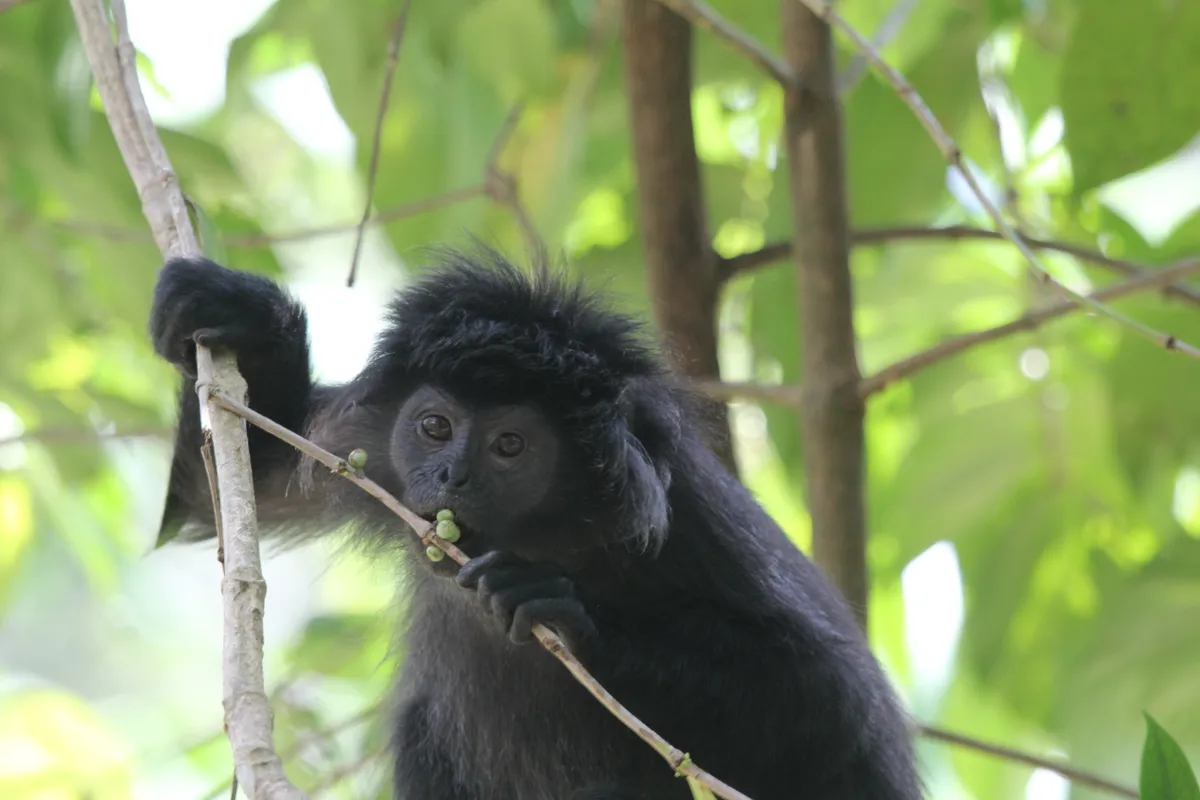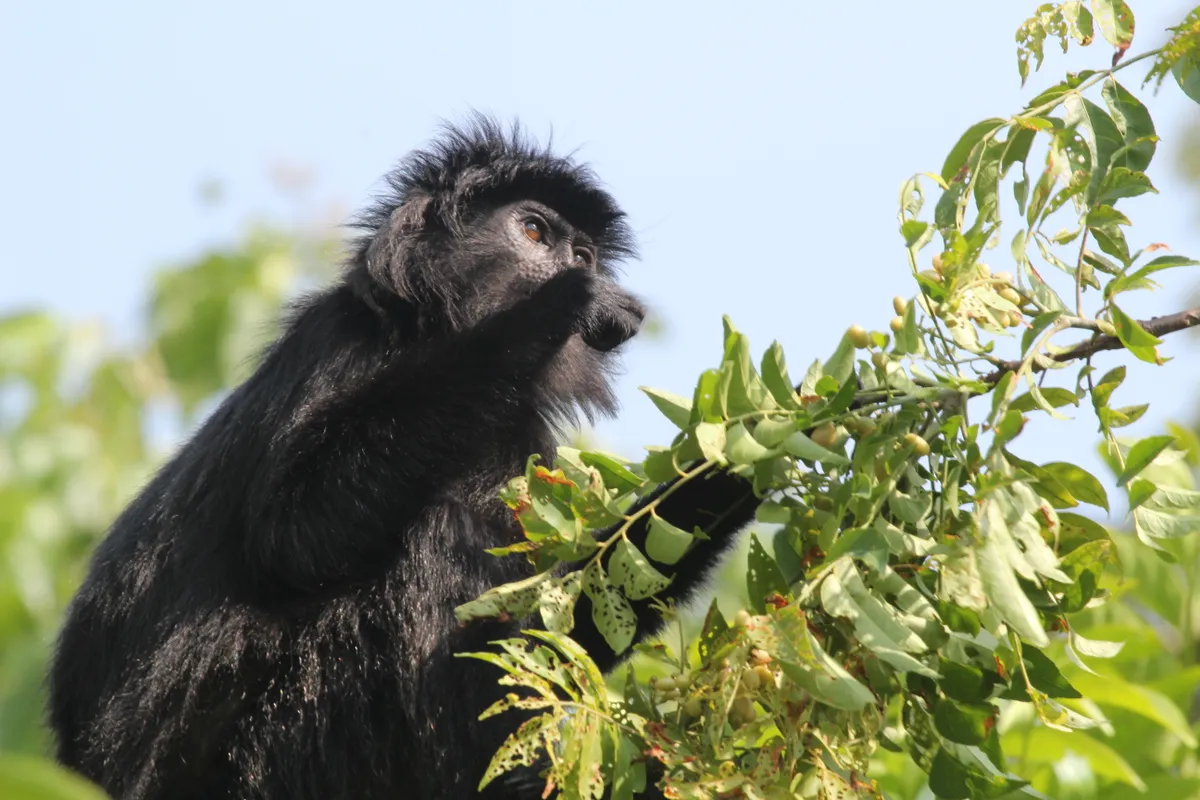In general, primates are genetically programmed to be attracted to sweet flavours, which signal the presence of carbohydrates such as sugars and starches – both rich sources of easily digestible energy.
Some leaf-eating monkeys, however, have been found to be indifferent to sweet and sugary flavours.
A team of Japanese researchers from the Primate Institute of Kyoto University led by Emiko Nishi looked at the flavour preferences of Javan lutung monkeys, Trachypithecus auratus - which belong to the colobinae leaf-eating subfamily of monkeys - and discovered that when given a choice between baskets of jellies with and without sugar, the primates showed no preference for the sweet variety over the bland ones.
"Some mammals with specialised feeding habits and less exposure to specific tastes lose sensitivity to particular tastes, as has happened in the case of the panda and members of the cat family," Nishi explains.

The research team speculates that this lack of interest in sugar-containing food may be related to the Javan lutung monkey's feeding habits.
"The consumption of too many ripe fruits might contribute to rapid overfermentation and the overproduction of volatile fatty acids, leading to an increase in acid levels in the animals' body," continues Nishi.
In general, mammals are able to taste sweet flavours thanks to the receptor gene TAS1R2/TAS1R3 and related buds on the tongue.
Although these genes appear to be present in the Javan lutung monkeys, the research team discovered that the protein expressing cells involved in flavour detection showed no response to natural sugars such as sucrose and fructose.
Asian colobine monkeys are primarily leaf eaters and their ruminant-like stomach is not geared towards digesting sweet-tasting, energy-rich foods.
Eating too many carbohydrates and sugars rather than fibre-rich food is known to give these monkeys diarrhoea and other digestive problems.

